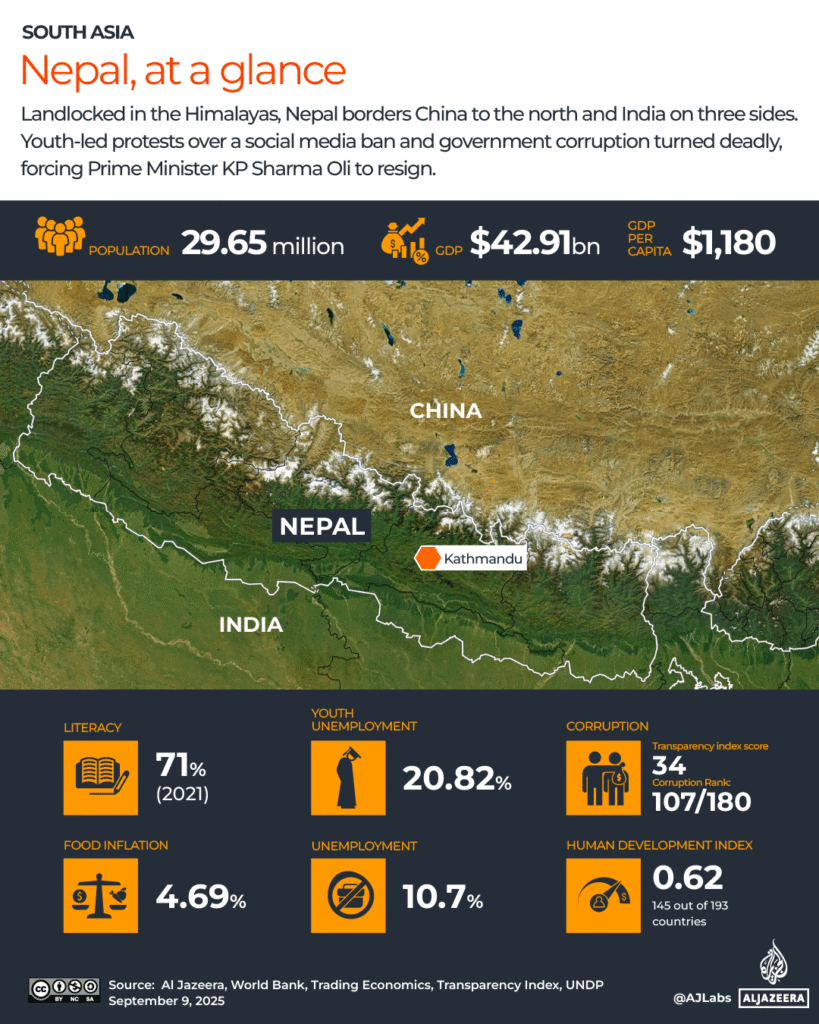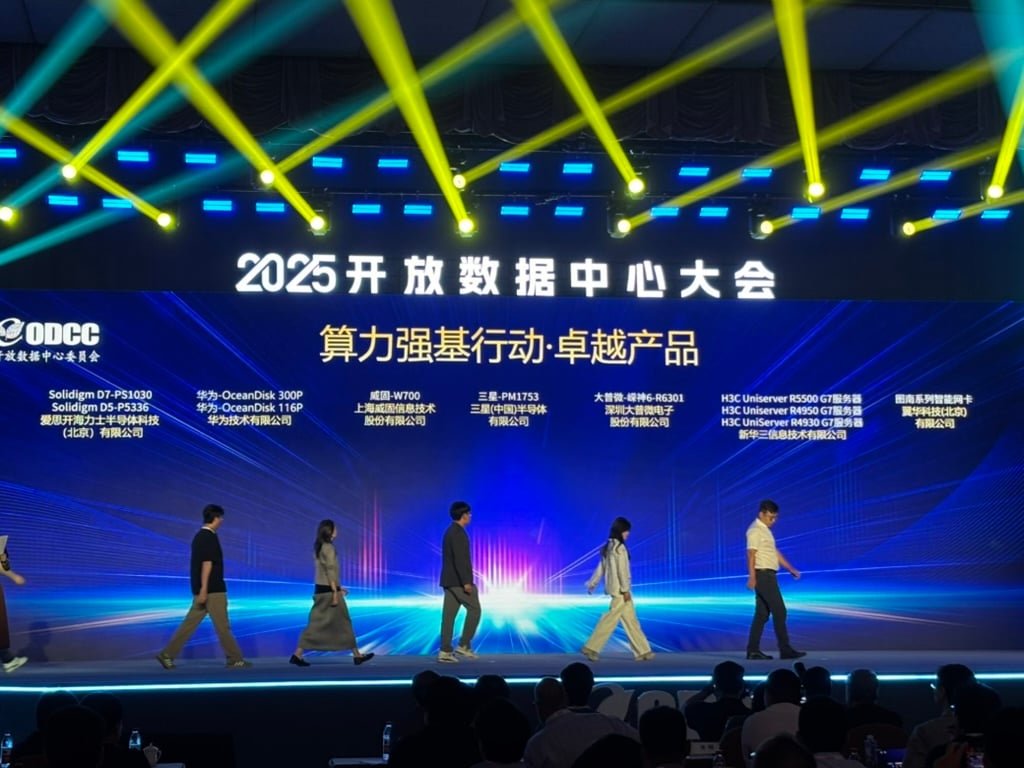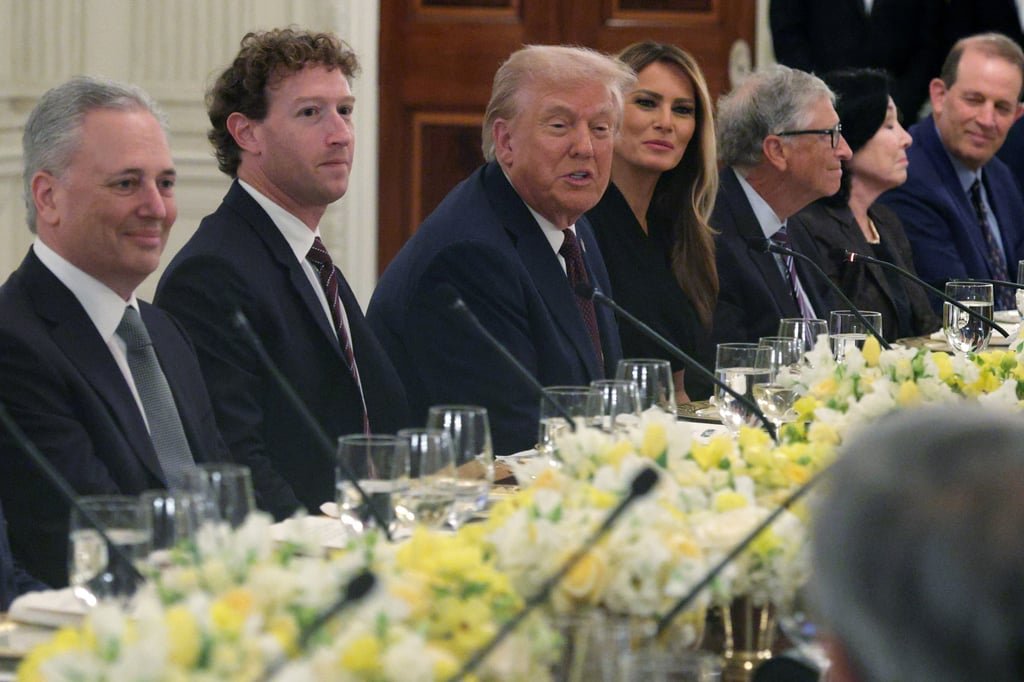TLDRs;
- The White House is pushing AI “tech stack” exports to allies to counter China’s rapid advances in artificial intelligence.
- Officials warn the US lead in AI has narrowed significantly since 2020, raising concerns over long-term dominance.
- China’s early investments, population-scale data access, and vast computing infrastructure fuel its growing AI strength.
- Washington’s strategy shifts from controlling components to building integrated AI ecosystems with trusted partners.
The White House is intensifying its efforts to preserve America’s dominance in artificial intelligence as China’s rapid advances narrow the competitive gap.
Michael Kratsios, Director of the White House Office of Science and Technology Policy, recently told a Senate subcommittee that the US lead in AI has diminished significantly since 2020.
According to Kratsios, the United States risks losing its technological edge unless it adopts bold new strategies. Central to the administration’s plan is the export of complete “AI tech stacks” directly to allied nations. Officials argue this approach would help secure global market share, build stronger tech ecosystems among partners, and restrict China’s influence in shaping the future of AI.
Exporting complete AI ecosystems
Kratsios emphasized that isolated measures, such as restricting chip sales or tightening software licensing, are no longer sufficient. Instead, the administration envisions delivering fully integrated AI systems abroad. This “tech stack” model would ensure allies gain both hardware and software capabilities while aligning them with US standards.
The Commerce Department is working closely with his office to outline the specifics of this export initiative. Meanwhile, the Defense and Commerce Departments are being tasked with strengthening export controls and ensuring adversaries remain blocked from sensitive US defense supply chains.
China’s investment advantage
The renewed urgency stems from China’s long-term investment push. Since launching its New Generation Artificial Intelligence Development Plan in 2017, Beijing has poured billions into its domestic AI industry, targeting a $150 billion market by 2030. That same year, China captured nearly half of global AI venture capital funding, surpassing the United States’ share.
Observers often point to a defining “Sputnik moment” for China in 2016, when AlphaGo, an AI program by Google’s DeepMind, defeated one of the world’s best Go players. Over 280 million Chinese viewers tuned in, sparking a wave of public enthusiasm and government backing that supercharged China’s AI sector.
This early head start explains today’s shrinking gap between the two nations, a reality the White House now acknowledges as a pressing challenge.
The data and hardware race
China also benefits from structural advantages that make competition particularly difficult. Its population of over 1.3 billion and expansive surveillance infrastructure, boasting more than 176 million cameras, create unmatched data flows for training AI systems.
On the computing front, the United States leads in advanced supercomputers, owning five of the world’s top ten. However, China operates more machines overall, 227 compared to America’s 109. Analysts describe this as a “quantity versus quality” contest, with the US ahead in cutting-edge performance while China dominates in scale.
Previous attempts to contain China through export controls have had mixed results. In some cases, US semiconductor firms continued to see revenue growth in China despite restrictions. This has reinforced Washington’s view that controlling single components is insufficient, only integrated, allied-driven tech ecosystems can counterbalance China’s momentum.
Implications for global AI leadership
The push to export AI tech stacks represents more than just an industrial strategy. It signals America’s intent to lock in standards, secure alliances, and prevent China from monopolizing next-generation technologies.
For Washington, the stakes are not only economic but also geopolitical, future control of AI could influence everything from global supply chains to national defense.
The AI Action Plan now underway will determine whether the US can reclaim its lead or whether the balance of power continues to tilt eastward. What is clear is that the race for AI dominance is no longer a distant contest, it is unfolding in real time.







